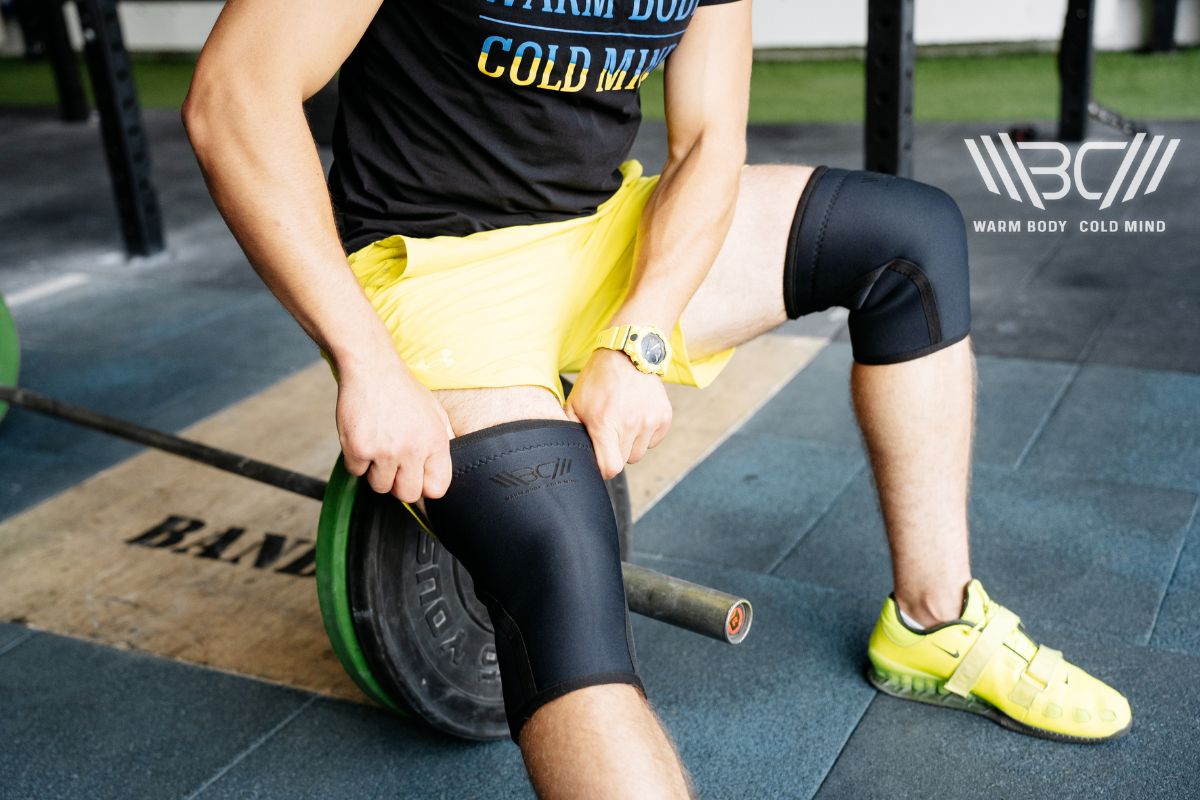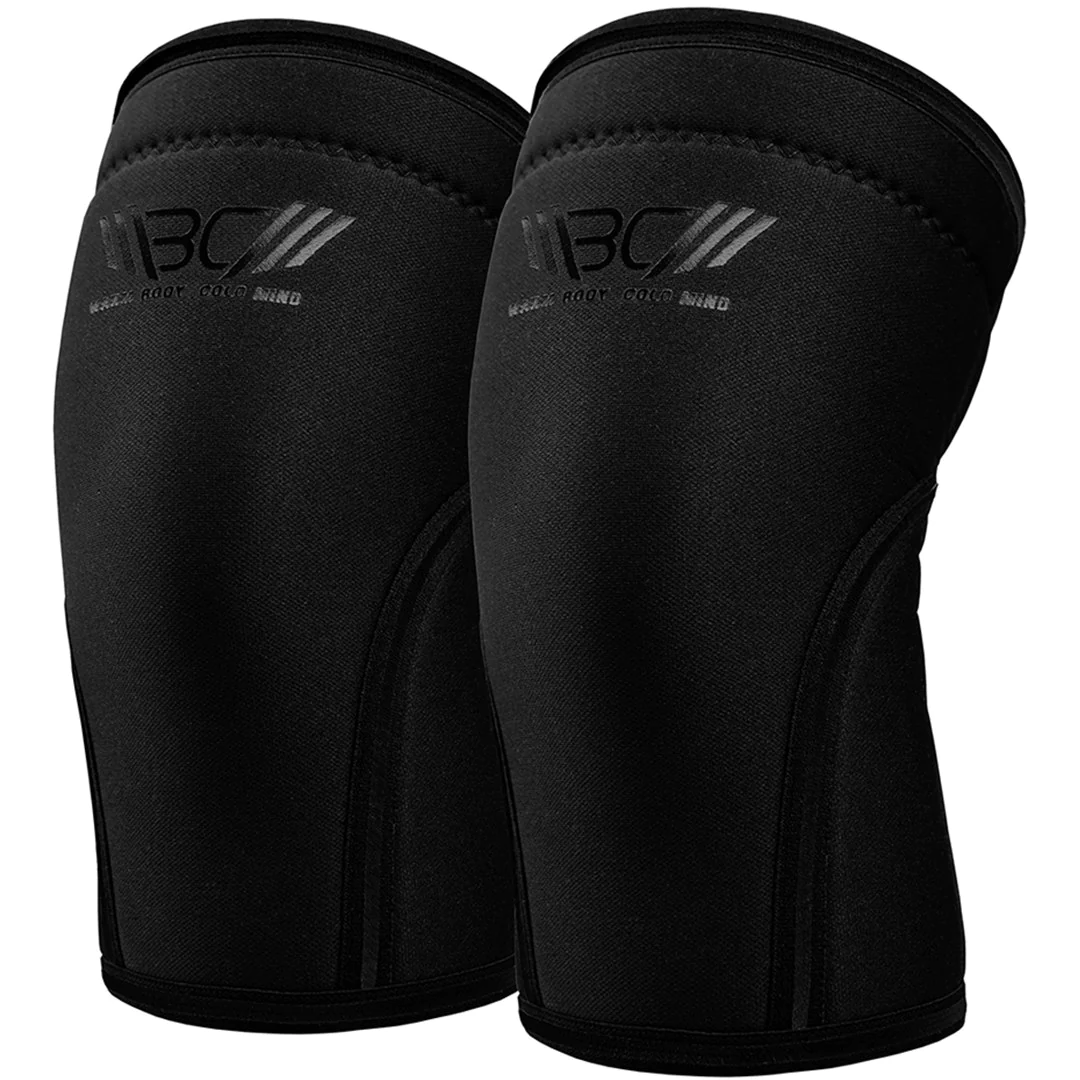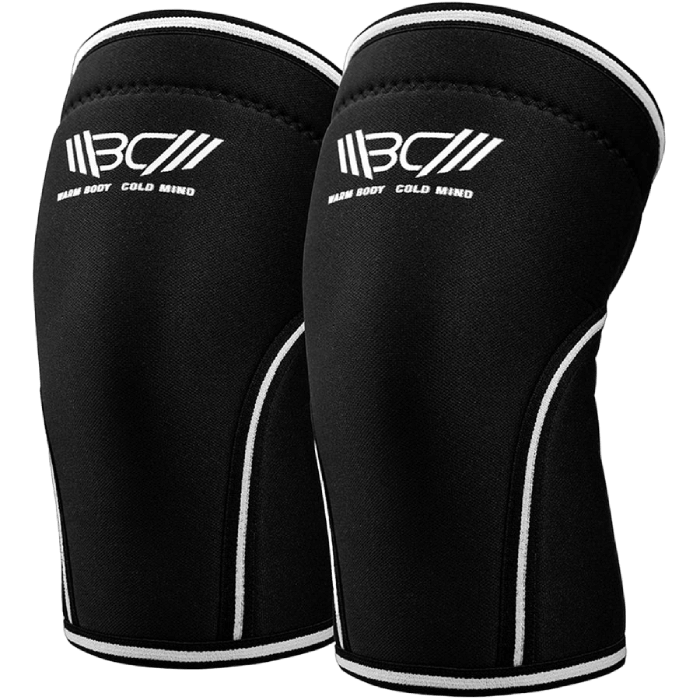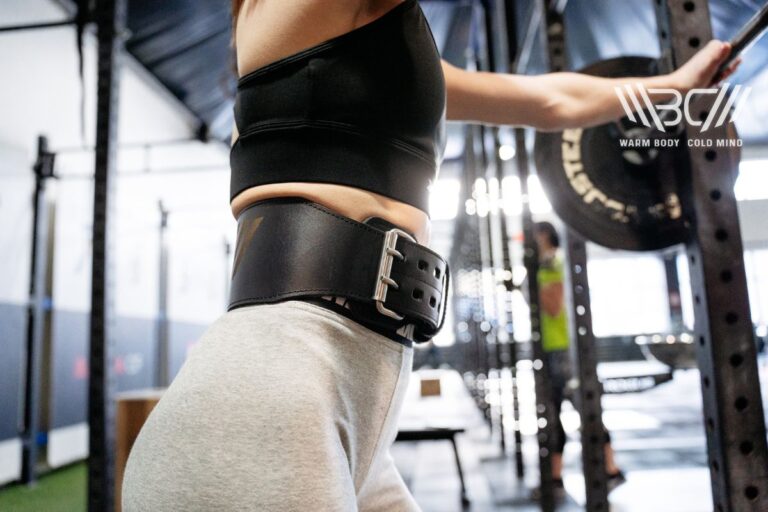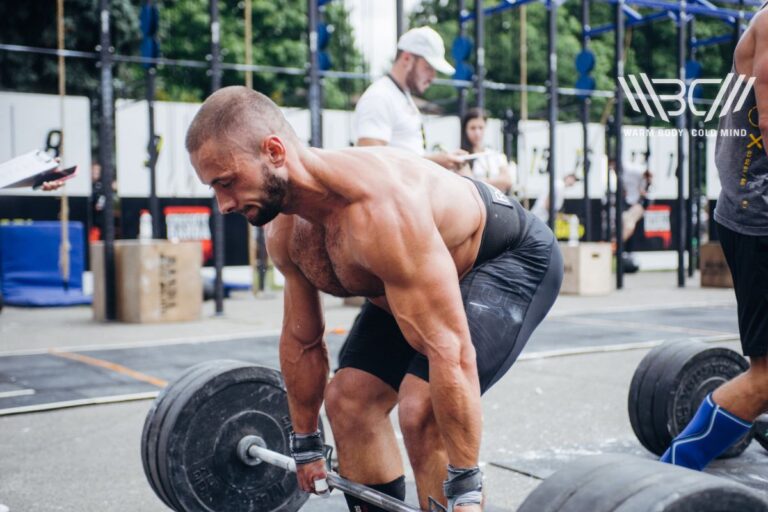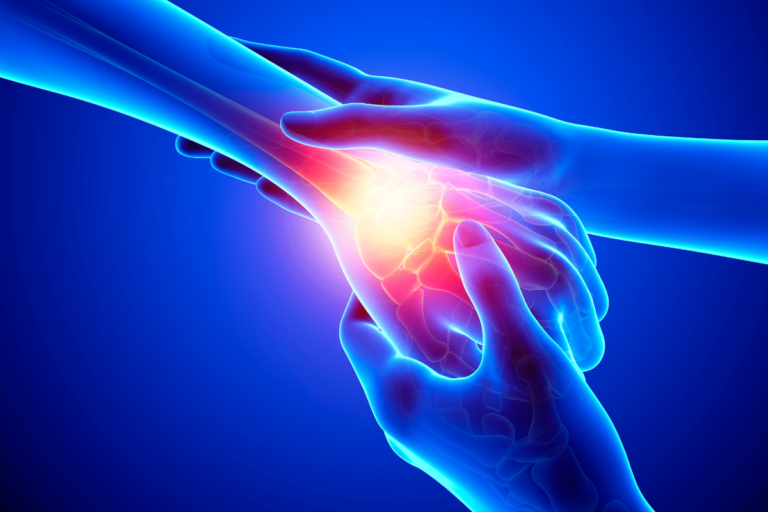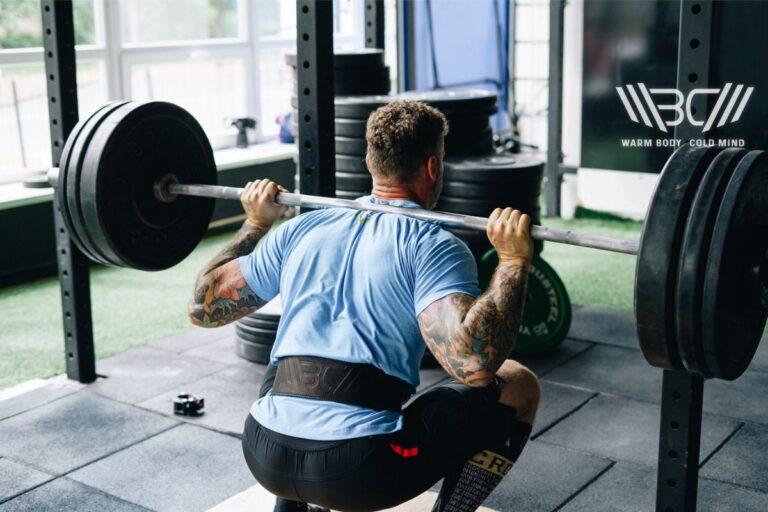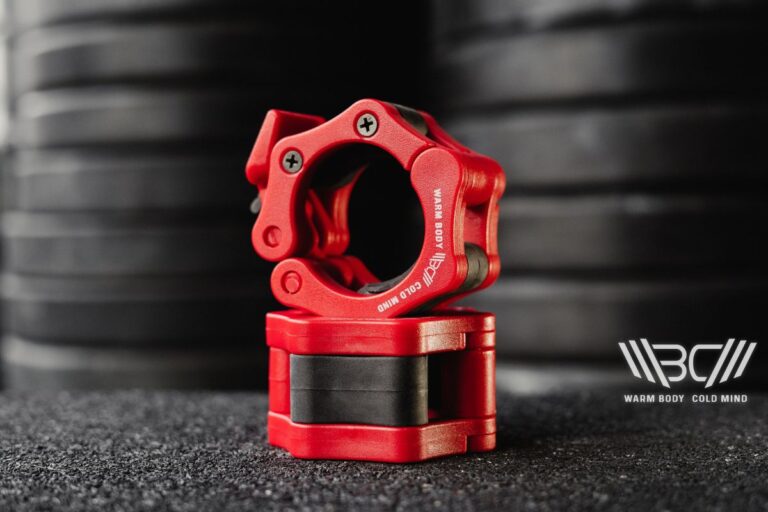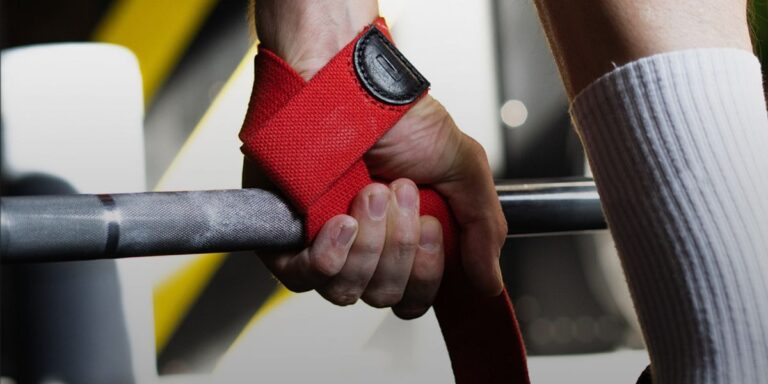Are Knee Sleeves Cheating? Everything You Need To Know
Knee sleeves are a must-have addition to your gym session if you want to increase the support and stabilization of your knees during lifts. They come in various sizes, with knee sleeves measuring up to 7 mm allowed across competitions. So, if you’re wondering are knee sleeves allowed in powerlifting, the answer is yes!
But are knee sleeves cheating?
Are knee sleeves cheating is a common question, and as long as knee sleeves fit into the parameters set out by lifting federations, they are not considered cheating. Approved knee sleeves can be a maximum of 30 cm long and no more than 7 mm in thickness.
What Are Knee Sleeves?
Wearing knee sleeves gives your knees support from the mild compression the sleeves create. By improving the stabilization of the knees, it’s far easier to keep them in line while lifting. When worn and used correctly, this can contribute to a reduction in knee-related injuries and improvement of injured knees.

7mm Weightlifting Knee Sleeves
Discover the ultimate support with Warm Body Cold Mind knee sleeves providing stability and comfort.
By increasing blood flow, knee sleeves help keep knees warm which can be relieving for those with a history of knee injuries, providing support and increased comfort. Although there aren’t strict rules about when and where to use knee sleeves in the gym, they are commonly used by athletes completing exercises such as squats and Olympic lifting.
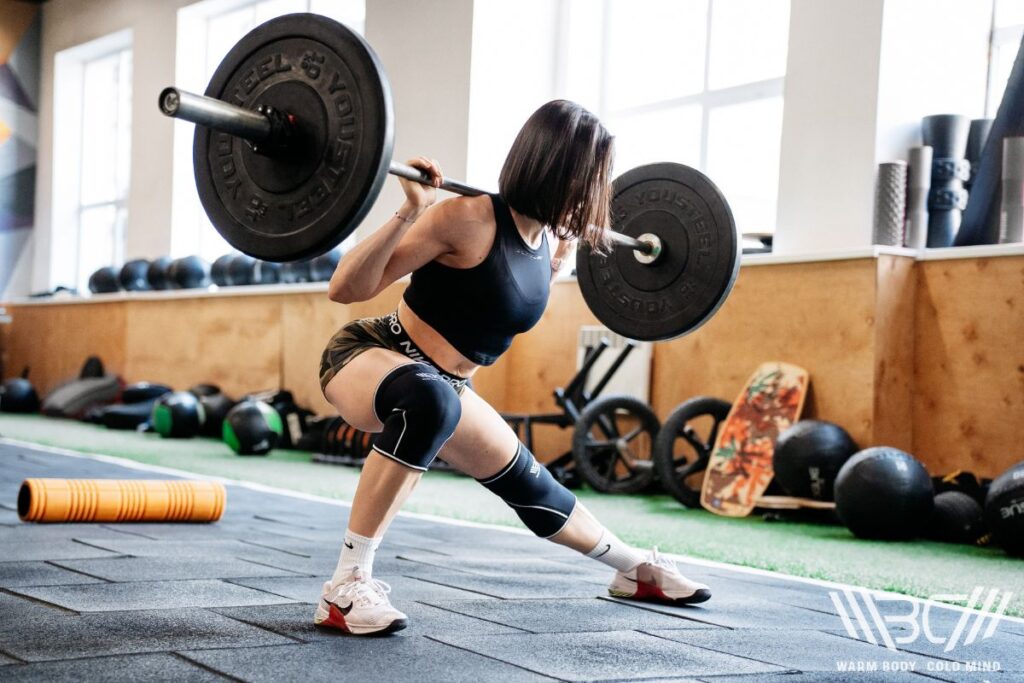
2 Exercises That Can Benefit From Knee Sleeves
Introducing additional equipment into your gym sessions can help give you added support and stability through movements, with knee sleeves being a popular choice for many.
1. Squats
Wearing knee sleeves may not produce huge results when comparing a group of healthy, experienced lifters, but that doesn’t mean they shouldn’t be used. A range of factors need to be considered when studying the results of wearing knee sleeves such as experience, injury history, and the exercise being performed.
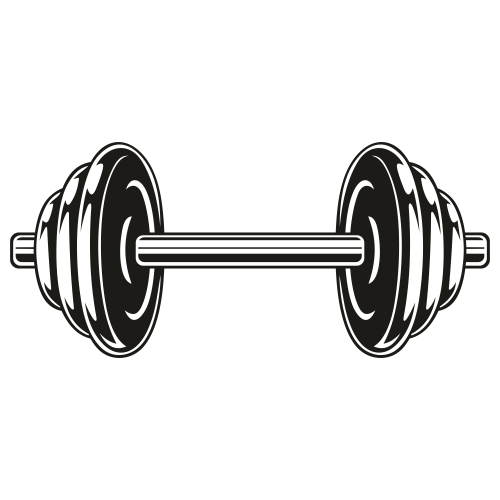
Pro Tip:
Investing in quality gym equipment is key, as you ideally want to be able to trust kit to last you a long time, through various aspects of gym life. When searching for knee sleeves, opt for those made with durable material and quality design and execution at the forefront to ensure you’re purchasing a trustworthy product.
Squatting is the primary exercise many choose to use knee sleeves for, as they can aid in knee stabilization and give the lifter more support, especially if they have experienced a knee injury in the past. This includes various types of squats including front, back, and overhead.
Using knee accessories may not benefit everybody, though, as a recent study suggests only powerlifters in heavier weight classes should consider using knee wraps or similar, as those lifting lighter weights may see poorer results from the use of sleeves.
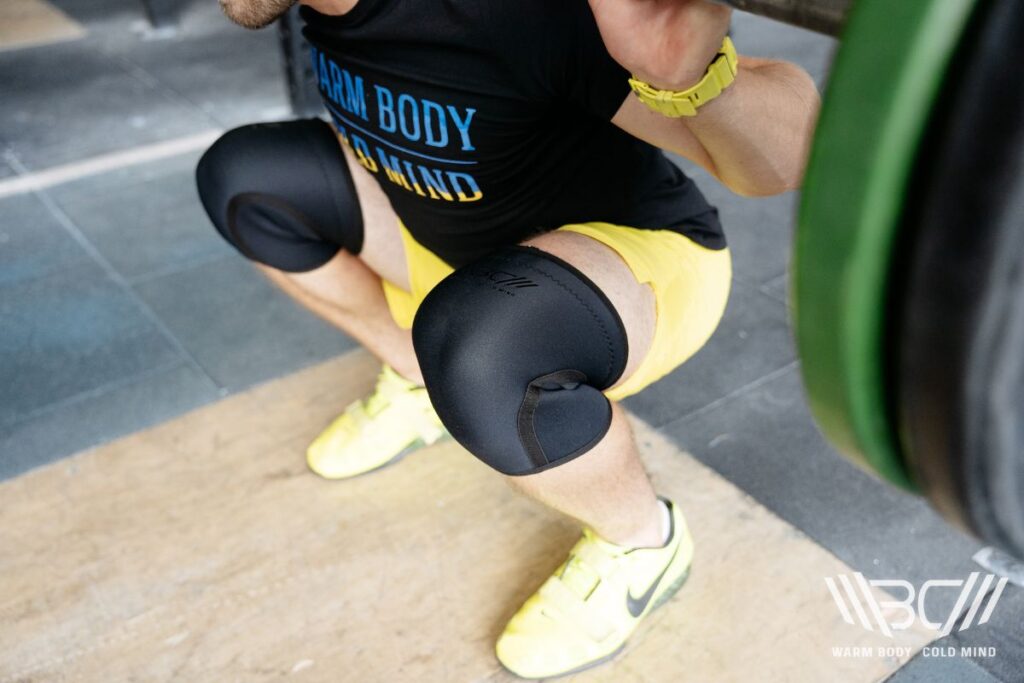
2. Olympic Lifting
Exercises such as cleans can be supported by the use of knee sleeves, providing the ‘bounce’ athletes look for when they’re completing the concentric part of the movement. Knee sleeves provide compression, and this is great for powerlifting, but likely will be too much to wear for exercises such as running where the knees need to be able to have plenty of movement.
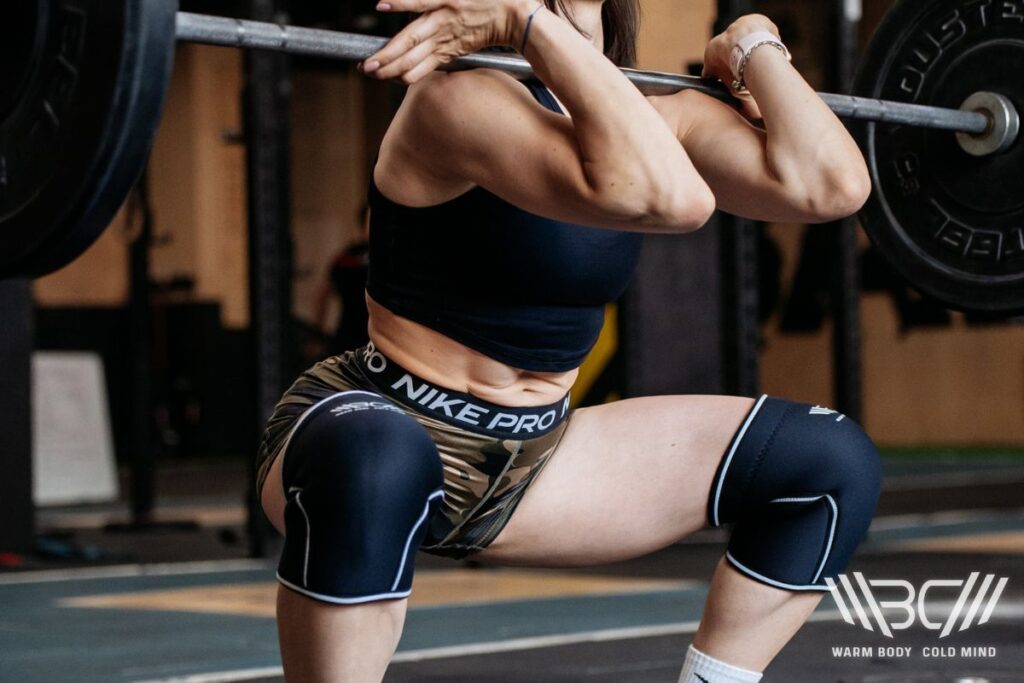
Using Knee Sleeves In Competition
It’s no surprise so many people ask ‘are knee sleeves allowed in raw powerlifting’ as they are a piece of equipment seen everywhere in the gym! Raw powerlifting entails the use of minimal equipment, and knee sleeves are permitted, as long as they fit into the requirements set out by individual federations and competitions.
According to the IPF, knee sleeves aren’t considered cheating as long as they fall into the parameters set out in the rulebook. The specific knee sleeves used must be approved by the IPF, staying within the measurements set out for length and thickness, and must not be worn in addition to knee wraps.
Subscribe!
The latest reviews of must-have home gym training equipment, apparel, and supplements that will enhance your performance and bring you new results.
3 Benefits Of Knee Sleeves
Bringing new equipment into your sessions is an exciting time, and there’s a lot to potentially gain from introducing knee sleeves into training. There are several benefits of knee sleeves worth considering so you can get the most out of this popular piece of gym kit.
✅ Compression
Our knees are responsible for a lot, and often we don’t give this humble part of our bodies enough attention, with large volumes of people experiencing knee pain as they get older. By compressing the knee, sleeves create an increase in blood flow, potentially reducing pain and swelling.
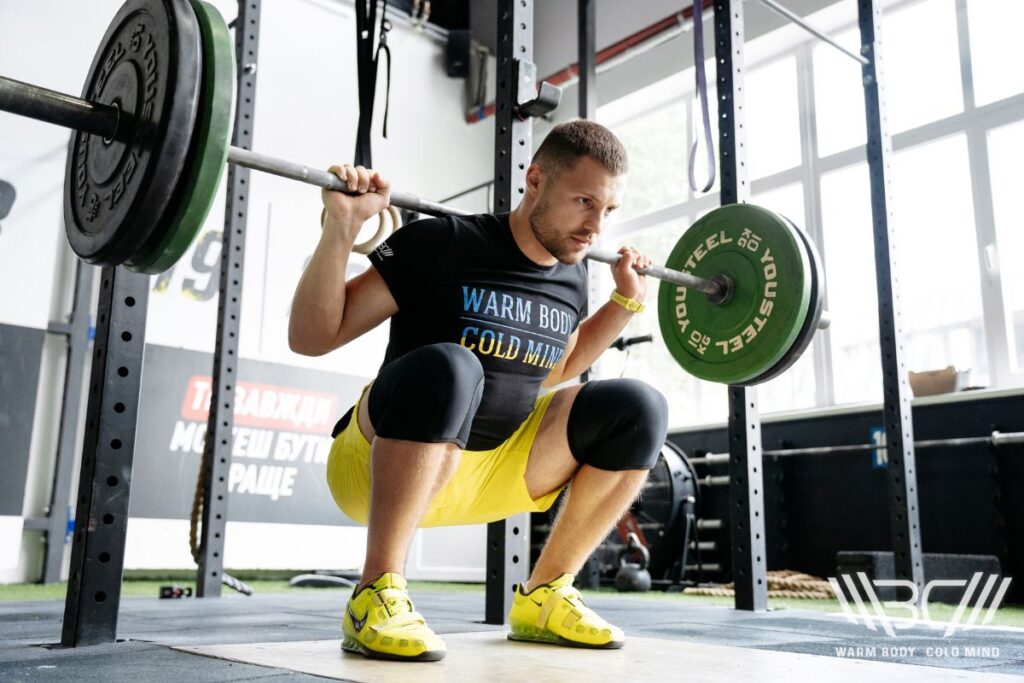
✅ Stabilization
Maintaining correct form is vital for weightlifting safely and effectively, with knee sleeves being a beneficial factor. When performing compound movements such as squats, keeping the knees aligned and stable is essential, and wearing knee sleeves can give your lower body added stability to complete the movement effectively.
✅ Recovery
The compression knee sleeves provide, allows blood and oxygen to increase in the knee area, which can be a game-changer for recovery. Particularly if you’re experiencing mild swelling, wearing a knee sleeve can prevent fluid from building up in the knees, instead promoting drainage and blood circulation.
Our Recommendation – Warm Body Cold Mind 7mm Weightlifting Knee Sleeves
Trust our WBCM 7mm weightlifting knee sleeves to take you through every heavy leg day as they are designed for athletes by professionals. Suitable for all genders, our knee sleeves provide comfortable support to the knees, with anti-slip features, and a range of sizes so you can find the ideal fit for you.
FAQ
Do Knee Sleeves Ruin Gains?
Knee sleeves are not intended to increase the weight you lift but instead are meant to increase support and stability in the knees. Knee sleeves don’t ruin gains, and when used correctly in weightlifting and powerlifting, they can relieve pain, swelling, and knee discomfort.
Is Squatting With Knee Straps Cheating?
Squatting with knee straps isn’t considered cheating, as long as the federation of the competition states they are allowed. This typically requires equipment fitting into the rules and regulations set out by individual federations, so if you’re unsure, check the specific competition you’re interested in competing in.
Do Knee Sleeves Help With Squats?
Knee sleeves can be beneficial with squats by increasing the support and stabilization of the knees. This can help athletes maintain good form throughout the lift, keeping the knees aligned and in the correct position.
Conclusion
Answering the question ‘are knee sleeves cheating’ succinctly is no, they are not considered cheating in lifting. There are countless advantages of wearing knee sleeves with support and stabilization being the most popular reasons athletes choose to incorporate knee sleeves into their daily lives.
Do you use knee sleeves in your sessions? Have you noticed any improvements? Let us know!
References:
- Nahdatul Aishah Mohd Sharif, Siew-Li Goh, Juliana Usman, Wan Kamarul Zaman Wan Safwani, “Biomechanical and functional efficacy of knee sleeves: A literature review”, National Center For Biotechnology Information, https://pubmed.ncbi.nlm.nih.gov/28673759/ (Accessed February 15 2024)
- Alexandria A. Trypuc, “Effects of Knee Sleeves on Knee Mechanics During Squats at Variable Depths”, Old Dominion University, https://digitalcommons.odu.edu/cgi/viewcontent.cgi?article=1016&context=hms_etds (Accessed February 15 2024)
- Naylor, A, Ashkanfar, A, Liu, X and English, R “Knee wraps are detrimental to the maximal squat performance of powerlifters competing in lower weight classes”, Liverpool John Moores University, https://researchonline.ljmu.ac.uk/id/eprint/21938/1/KNEE%20WRAPS%20ARE%20DETRIMENTAL%20TO%20THE%20MAXIMAL%20SQUAT%20PERFORMANCE%20OF%20POWERLIFTERS%20COMPETING%20IN%20LOWER%20WEIGHT%20CLASSES.pdf (Accessed February 15 2024)
- Approved list of Personal apparel and equipment for use at IPF sanctioned competitions, IPF, https://www.powerlifting.sport/fileadmin/ipf/data/rules/approved-list/Approved__List_2023-2026_V2_01-11-2023.pdf (Accessed February 15 2024)
- USA Powerlifting Rulebook, https://www.usapowerlifting.com/wp-content/uploads/2024/01/USAPL-Rulebook-v2024.1.pdf (Accessed February 15 2024)
- Ali Guermazi, Jingbo Niu, Daichi Hayashi, Frank W Roemer, Martin Englund, Tuhina Neogi, Piran Aliabadi, Christine E McLennan, David T Felson, “Prevalence of abnormalities in knees detected by MRI in adults without knee osteoarthritis: population based observational study (Framingham Osteoarthritis Study)”, National Center For Biotechnology Information,https://www.ncbi.nlm.nih.gov/pmc/articles/PMC3430365/ (Accessed January 15 2024)
Author: Jason Li
Personal Coach | Functional Range Conditioning Mobility Specialist
Jason is an NYC personal training expert and National level Olympic Weightlifting Coach with over 10 years of experience training everyday clients to high levels of performance. He has trained everyone from youth (13 years old and under) to masters (60+ years old) to regional and national rankings for powerlifting, Olympic Weightlifting, Short distance (up to 200m) sprinting, discus & hammer throwing.

